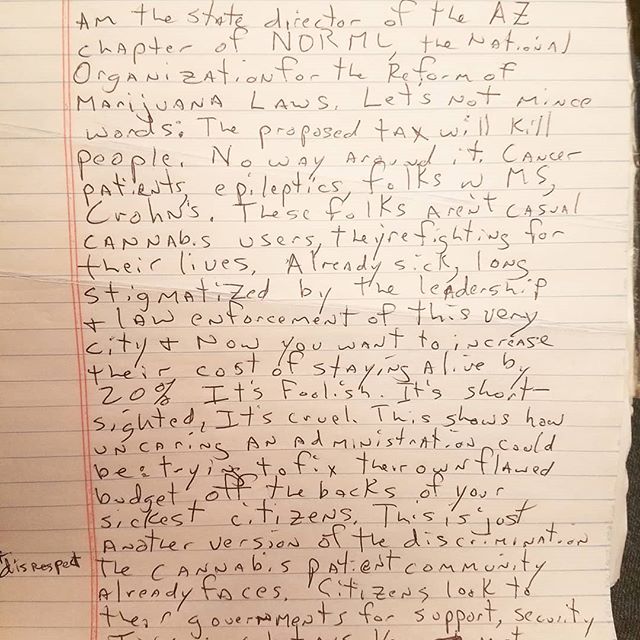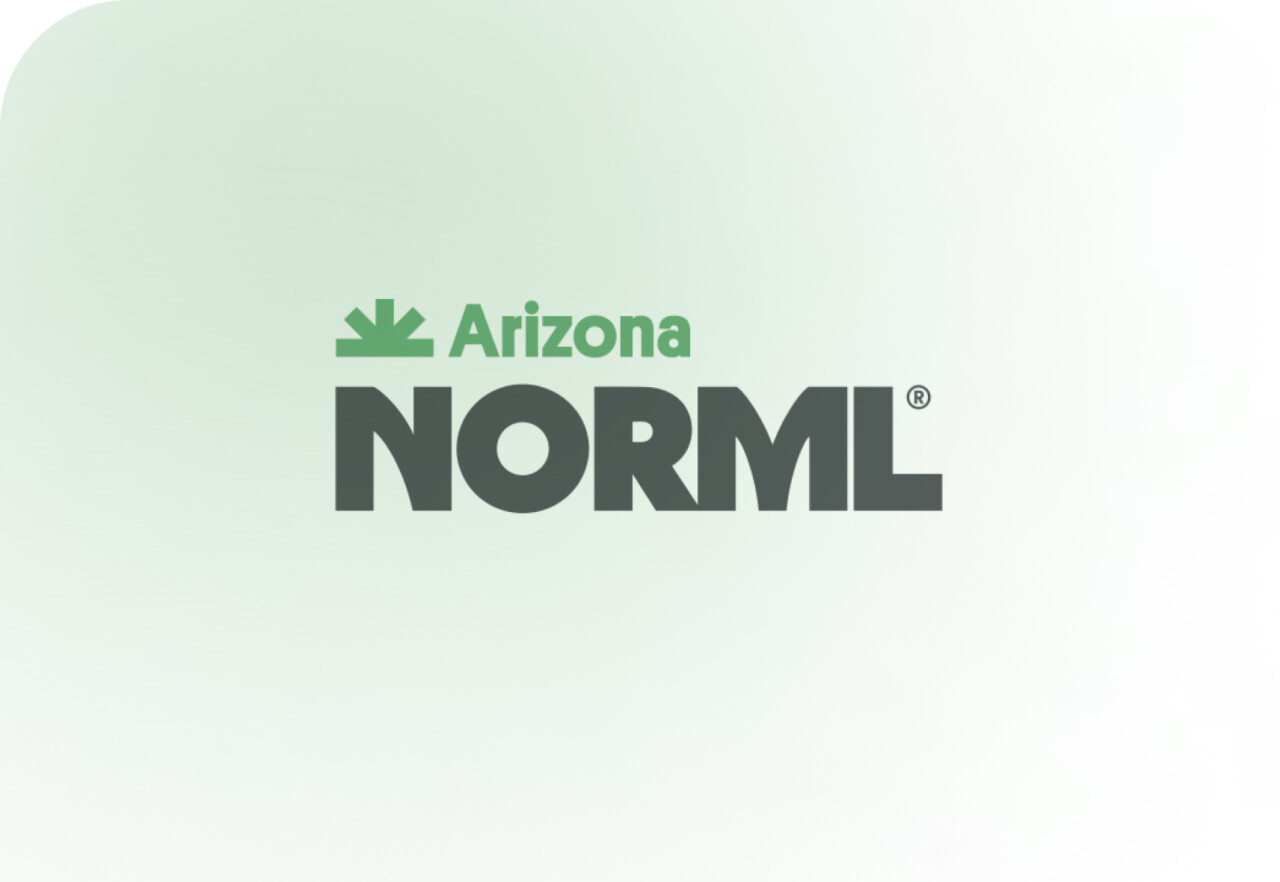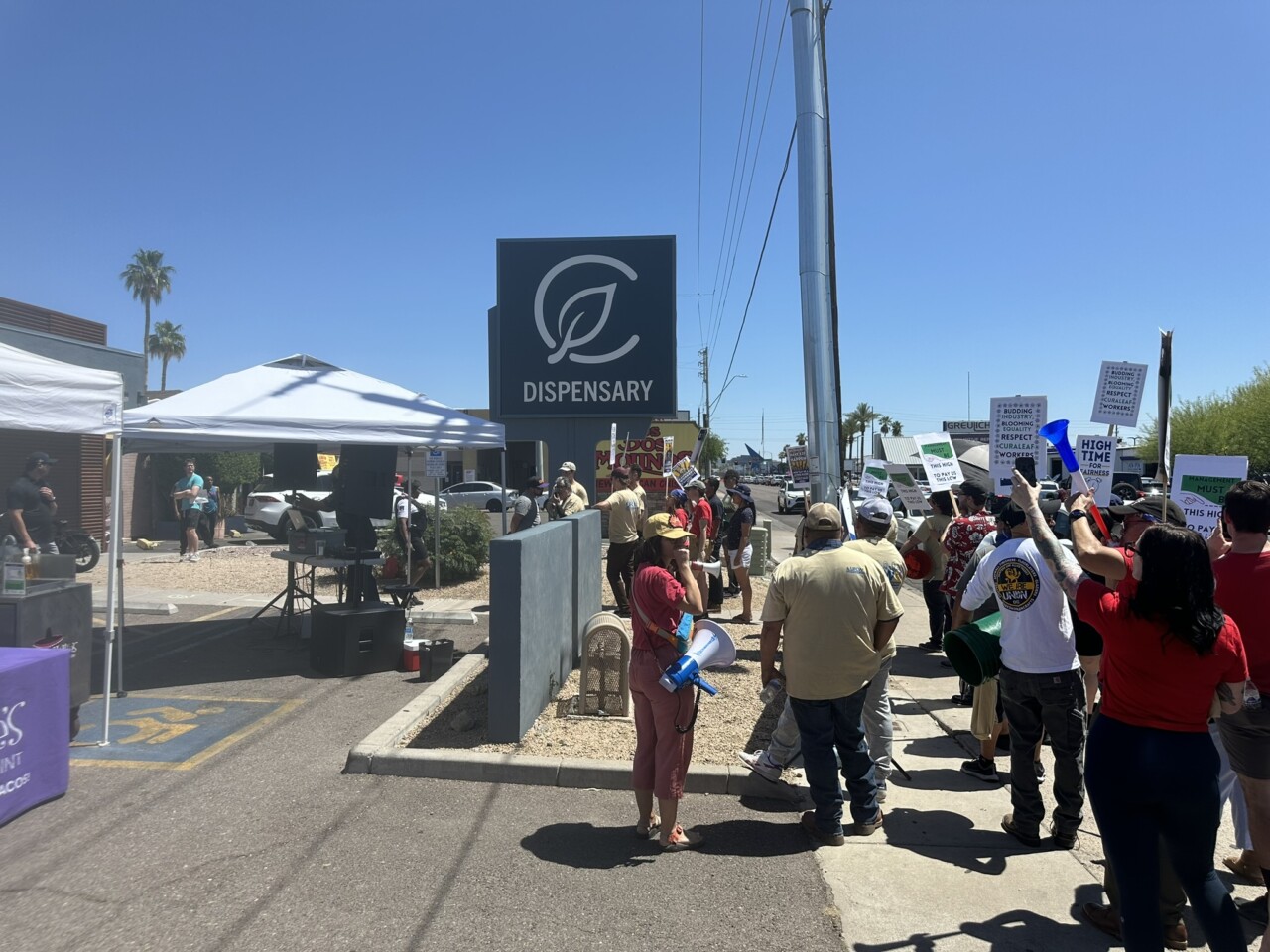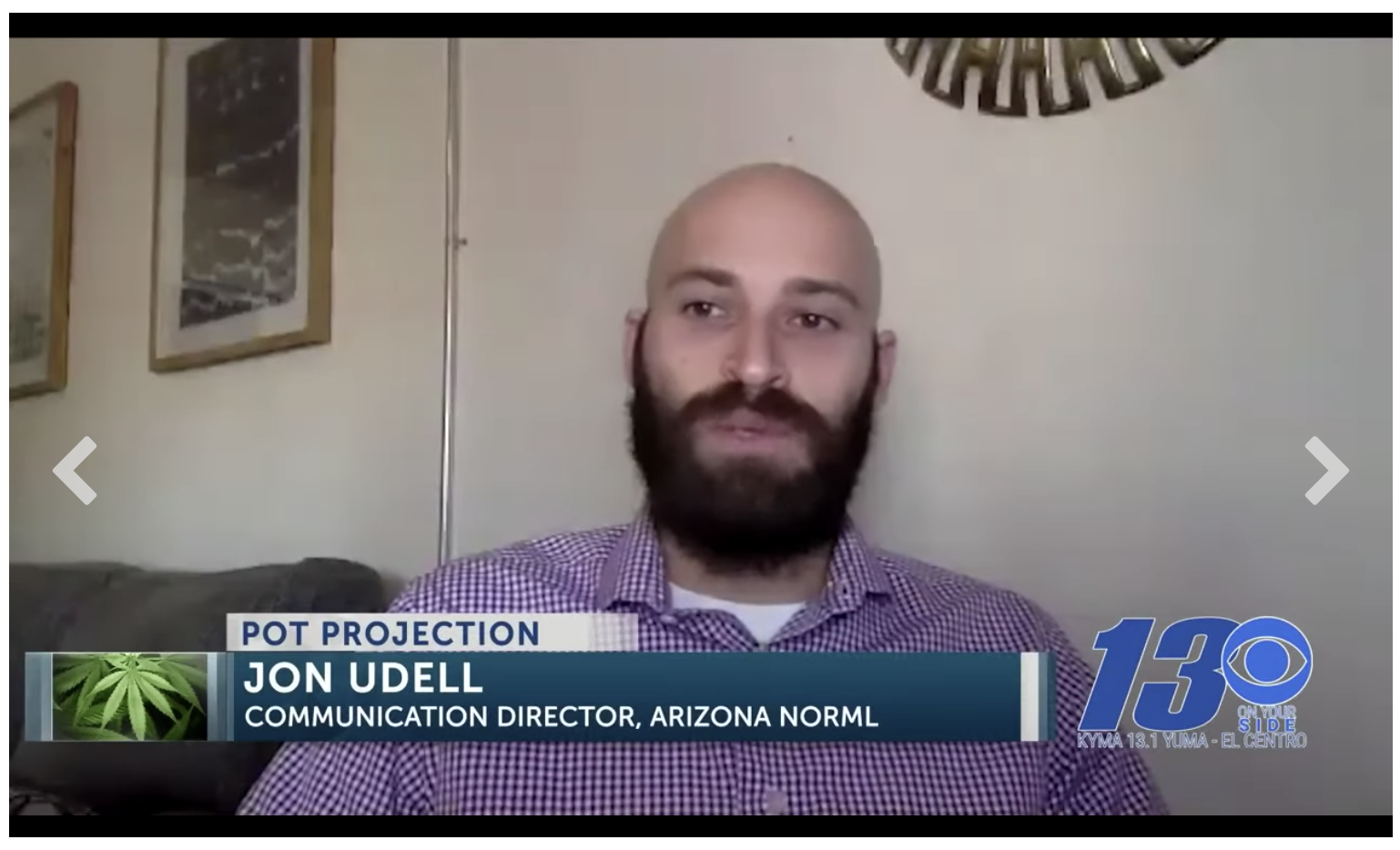By Kevin Mahmalji, national chapters coordinator 
Every month, NORML headquarters organizes a chapters conference call to update the chapter leaders and members on critical news or organizing updates. Denver-based Kevin Mahmalji coordinates the efforts of over 160 chapters in the US and 11 other countries, so it is a tall order. Here are Mahmalji’s notes from this week’s chapters conference call, Saturday Oct. 20th.
Federal:
Since our last call several new cosponsors have signed on to marijuana law reform legislation currently pending before Congress.
In the Senate, the VA Medicinal Cannabis Research Act (S.2796) received one new cosponsor, for a total of six. In the House, the Veterans Equal Access Act (H.R.1820) received one new cosponsor, for a total of 29. The House version of the CARERS Act (H.R.2920) received two new cosponsors, for a total of 30. The Fairness in Federal Drug Testing Under State Laws Act (H.R.6589) received two new cosponsors for a total of seven. And the Medical Cannabis Research Act (H.R.5634) received one new cosponsor, for a total of 44.
State:
Lawmakers in Several states including Pennsylvania, Delaware, New Jersey, New York and New Hampshire are continuing their work related to adult-use legislation. Working groups and exploratory committees have been meeting and reviewing data on the issue. In New York specifically, Governor Cumo is soliciting public input until the end of the month.
Local:
At the local level, city council members in Oklahoma City approved an ordinance to remove jail time for simple marijuana possession. In Georgia, the Kingsland City Council voted to approve an ordinance to eliminate jail time as a penalty for possession of one ounce or less of marijuana. The City Council of Lancaster, Pennsylvania also approved a proposal to decriminalize marijuana.
Canada
Canada recently became the second country to completely legalize the cultivation, possession, sale and social-use of marijuana. The new law also pardons all criminal possession charges of less than 30 grams of marijuana.
FDA/WHO Comment Solicitation
International laws and agreements call for the prohibition of marijuana. However, the FDA is asking for your input regarding the international classification of cannabis as a controlled substance. With the comment period ending next Wednesday (Oct 31), we need everyone’s help with promoting the effort.
If you haven’t already done so, share our action alert with your networks. In addition to sharing on social media (Facebook: https://www.facebook.com/
2019 Chapter Lobby Days
Over the last few years we have done a great job organizing annual lobby days, but now we’re asking chapter leadership to consider other aspects of organizing a successful citizen lobbying effort. Of course there’s the logistics of when and where, but we can also explore opportunities to play a larger role in what’s happening in your state.
That’s we have been pushing leadership of NORML chapters to develop legislative priorities that will allow them to be more proactive and less reactive throughout their legislative sessions. Having a clear agenda can be used to motivate your members and supporters to be engaged and provide opportunities to expand your coalition. Engage your supporters now.
NORML Chapter Lobby Day Questionnaire: https://goo.gl/forms/
If you don’t announce your organization’s priorities in an advance of your state’s legislative session, there’s a strong chance you’ll struggle to find volunteers for public testimony and other support. You can even consider soliciting feedback from your supporters. Send an email to your list or post on your social media assets asking for input regarding legislative priorities for 2019. You can even discuss your 2019 priorities during your next monthly meeting.
If you live in a state with a limited medical marijuana program you may want to explore opportunities to expand access. A good example of that would be the “Let Doctors Decide” legislation that was passed in Virginia earlier this year. There are several chapters considering that model for next year. If you live in a state where medical and adult-use is already legal there’s opportunities to address workplace drug testing and impairment detection along with social consumption. We can provide templates, talking points and other resources.









Leave A Comment
You must be logged in to post a comment.